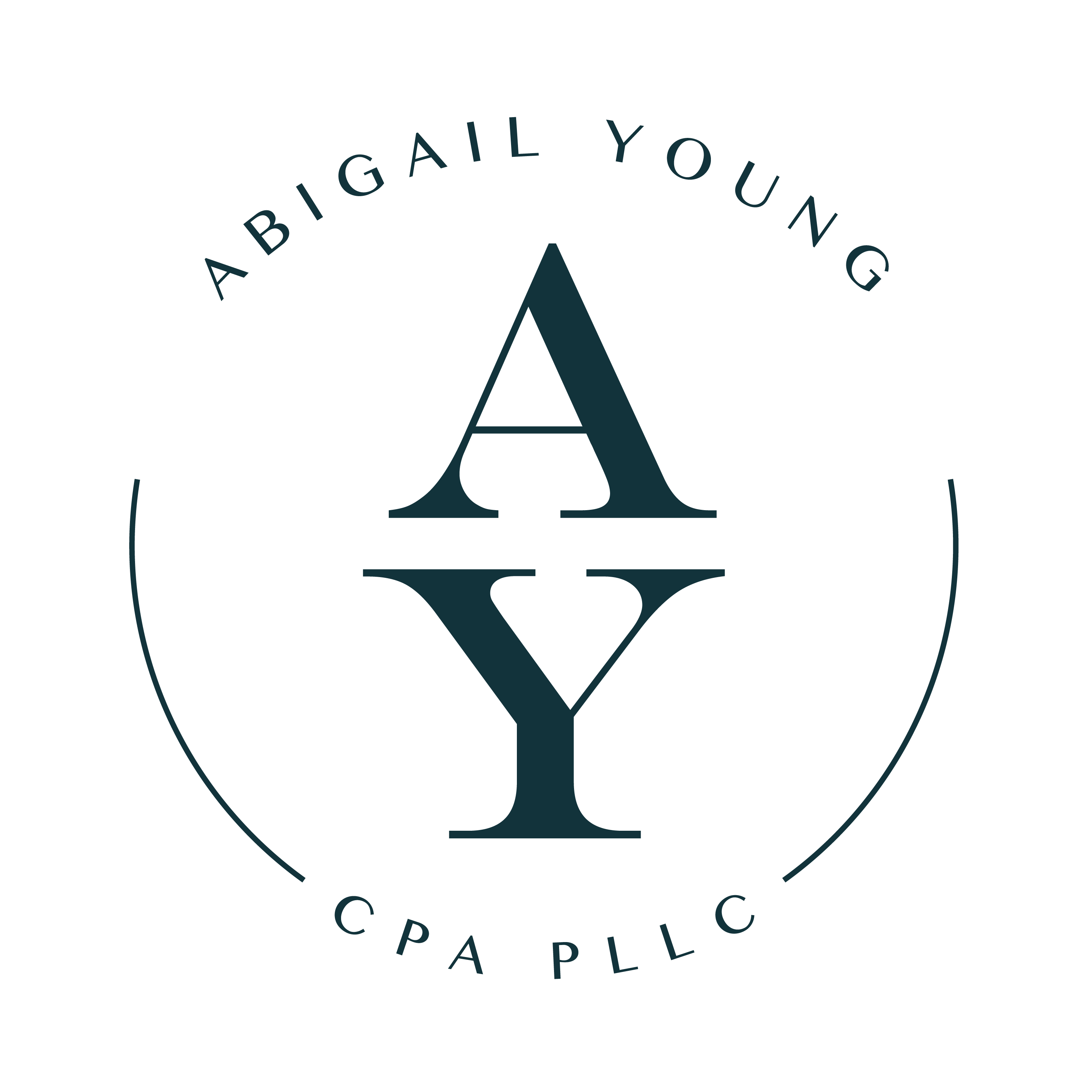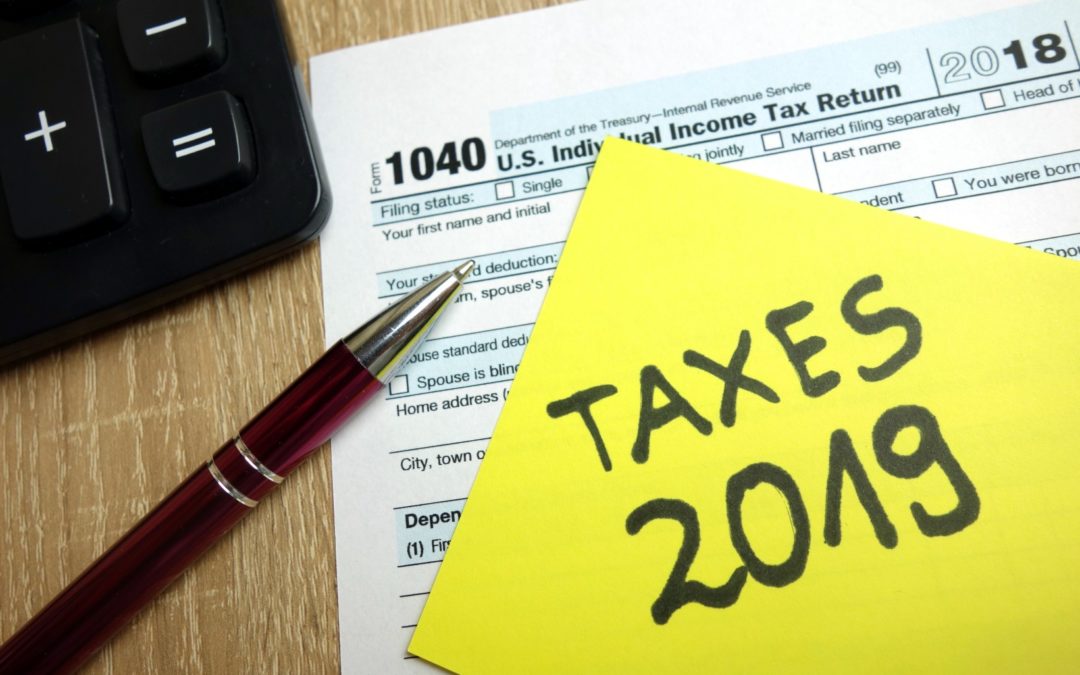What Business Owners Need to Know About the 2019 Pass-Through Deductions Rate (And How to Take Advantage)
Do you receive income from a pass-through business entity such as a sole proprietorship, an S corporation, partnership or limited liability company (LLC)? If so, you may qualify to deduct as much as 20% of that income from your taxes during the 2019 tax season.
To help you understand the new pass-through deduction rate, your experienced and dependable McAllen CPA, Abigail Y. Murray, would like to offer you some basic information on what constitutes qualified business income (QBI) under the Tax Cuts & Jobs Act (TCJA) of 2017.
So what exactly is pass-through deduction?
The TCJA was intended to help small businesses and self-employed people benefit from tax deductions similar to those claimed by corporations.
Pass-through businesses are not taxed as corporate entities, but rather, each owner or partner pays personal income tax on their share of the profits. Under the new pass-through deduction rate, all taxpayers with total taxable income (not just business income) less than $157,500 – or $315,000 for married couples – are eligible for a qualified business income deduction under section 199A of the Internal Revenue Code.
The keyword here is “qualified” business income meaning there are restrictions if your income is greater than these thresholds. Above these thresholds, if your business is considered a “specified service trade or business” (SSTB), then your deduction eligibility is complicated by many factors such as the type of business and even how many people you employ or how high your wages are.
Do I qualify for a pass-through deduction?
If you fall beneath the income thresholds mentioned above and you receive income from a pass-through business entity, then you almost certainly qualify for a full 20% deduction. However, in 2019, the IRS released final regulations and additional guidance on pass-through deductions to help qualified business owners wade through the many complicated cases and anomalies.
For example, real estate enterprises may qualify but they need at least 250 hours of services performed each year for the enterprise. In other words, these pass-through deductions are meant for income from a person’s primary line of business (small business owner or self-employed) rather than just any income from property or other investments.
Another example would be construction businesses which are not considered to be an SSTB, but consulting income earned within the construction industry is regulated as an SSTB. The experienced McAllen CPA, Abigail Y. Murray, can help you wade through the complex distinctions and maximize your pass-through deduction rate.
Tips for Maximizing Your Pass-Through Deduction Rate
If you are above the maximum income thresholds, there are ways to maximize your pass-through deduction rate and save more during the 2019 tax season. If you have multiple lines of business, some of them may qualify and others may not, but there are legal ways to aggregate your business entities without breaking “anti-abuse” rules (always keeping in mind that there are anti-abuse rules, so beware).
Some pass-through businesses may be able to bundle charges for their services so that SSTB services do not negatively impact non-SSTB income. An optometrist, for example, may provide SSTB services to patients but may also grind lenses, which is a manufacturing activity rather than a service activity. The optometrist or a similar business entity may be able to get around this problem by keeping separate books for different lines of business.
In other cases, the deduction rate may be lower if you only employ a few people or pay low wages. In these cases, it might make sense to hire more people or raise wages in order to benefit from a higher deduction rate.
Contact Abigail Y. Murray, CPA, LLC
These are just a few of the many complex cases that an experienced CPA can help you navigate in order to get you maximum deductions in 2019 – even if it is not the full 20% rate. Generally speaking, it is easier for non-service businesses to qualify for these new tax deductions, but each case is unique and the only way to make sure you are avoiding unnecessary taxes is to consult an experienced CPA that understands the new regulations and the details of your business.
Abigail Y. Murray, CPA, is here to help serve your business tax needs.
Contact us today at (956) 800-5600 to learn more about how we can be of service to you.


